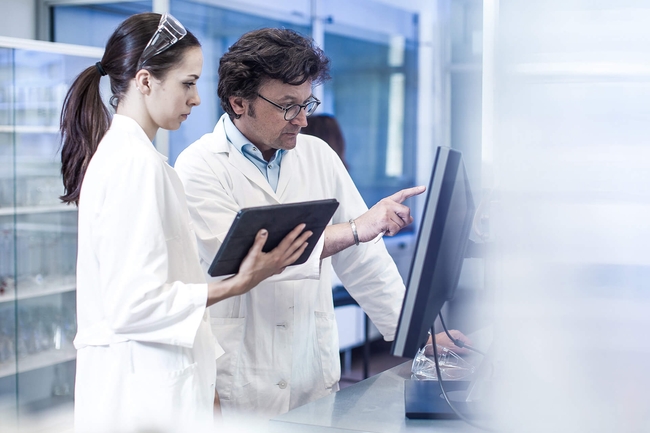Cluster collaboration between the EU and Africa
Client
EISMEA (European Innovation Council and SME Executive Agency)
Year
2023
Partner
IMP³ROVE, European Clusters Alliance (ECA), InPulse Partners SRL, Agrifood Lithuania, Eurada, Intracto, LOW, VDI/VDE
Partnerships have existed between EU member states and sub-Saharan Africa for over 20 years. On the basis of these existing partnerships there is potential to set up focused, sector-specific projects that further promote cross-border cooperation on cluster-based cooperation, innovation, and development.
Programmes for successful collaboration
The following EU-Africa cooperation projects and programmes show how the growing partnership has developed over the years:
- EU-Africa Partnership (est. 2000)
- EU-Africa Business Forum (EABF, est. 2006)
- Joint Africa-EU Strategy (JAES, est. 2007)
- EU-Africa Infrastructure Trust Fund (EU-AITF, 2007–2019)
- Pan-African Program (PanAF, 2014 – 2020)
- Africa Investment Platform (AIP, est. 2015)
- European Union Emergency Trust Fund (EUETF, est. 2016)
- Africa-Europe Alliance (est. 2018)
The EU-Africa Business Forum (EABF), held every three years since 2006, will continue to play a prominent role in strengthening cooperation. The aim of the forum is to promote sustainable growth and create employment.
A differentiation of trade flows through cluster-based initiatives could reduce dependence, for example, South Africa and Kenya’s dependence on EU trading partners Germany and the Netherlands. This would allow these two countries a more resilient export structure to partners in the EU. One example of how cluster partnerships with Africa work, is the European Sustainable Energy Cluster partnership for Africa (ESECA), founded in September 2021.
Our mission
The aim of our work is to strengthen the European economy through networking, better communication, and cooperation – even beyond the borders of Europe. This is the goal of the European Union’s European Cluster Collaboration Platform (ECCP). The platform is designed to help the economy – and in particular, small and medium-sized enterprises – better meet the challenges of green and digital transition and position themselves in global value chains.
As part of the consortium led by IMP³ROVE, Prognos is involved in the further development of the European Cluster Collaboration Platform into a single point of contact for cluster organisations in Europe, leading work package 3, “Data & Policy.” The input paper on cluster cooperation between the EU and Africa deals with cooperation with South Africa, Senegal, and Kenya.
Our approach
First, economic profiles of the sub-Saharan region were created and key industries identified – firstly, by looking at the region as a whole, and secondly, by looking at the individual countries (South Africa, Senegal, Kenya) separately. In a second step, the team looked at trade flows between the EU and these three African countries. The study examined the foreign trade structure and the value-added chain links of the three countries. Finally, an analysis was made of the cluster policies of South Africa, Senegal, and Kenya, with a particular focus on cooperation with the EU. The results were used to draw conclusions for future potential cluster cooperation between the EU and sub-Saharan Africa.
Links and downloads
Read the investigation (PDF, clustercollaboration.eu)
Project team: Dr Jan-Philipp Kramer, Lennart Galdiga, Max Welford
Last update: 27.03.2023
Do you have questions?
Your contact at Prognos
Dr Jan-Philipp Kramer
Partner, Head of EU Services









